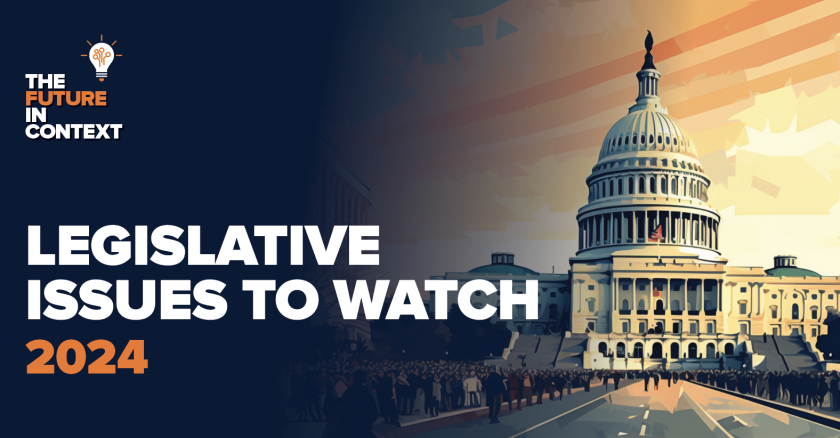Lawmakers, industry players and parents are making moves to keep kids safe online, but their approaches vary widely. A bipartisan bill in the U.S. Senate is intended to shield children by requiring social media platforms to turn off addictive product features, and require companies to minimize mental health risks. New York state proposed restricting what it called “unhealthy social media usage” by prohibiting minors from accessing addictive feeds without parental consent. In the name of parental rights, Florida legislators considered sometimes competing bills to either ban those younger than 16 from social media altogether or require platforms to perform age verification of their users. For their part, platform companies have worked to pre-empt government regulation by introducing safeguards in their software to limit what kids can do online, and with whom.
The question of who should regulate access to social media — government, industry or parents — is the focus of the debut of another occasional series, this one called Government A to Z, a generational take on the intersection of society, technology and government. It features TFIC co-host and Government Technology Staff Writer Ashley Silver along with two colleagues from Governing — Staff Writer Zina Hutton and Digital Editor Zoe Manzanetti.
Show Notes
Here are the top 5 takeaways from this episode:
- Government Regulation: There are common themes in state-level legislation aimed at protecting the mental health of underage social media users. Measures address safeguards against concerns over bullying, harassment, sexual exploitation, anorexia, self-harm and predatory marketing. The 2024 legislative sessions in Florida, Arkansas and Utah all sought to regulate social media access for minors.
- Industry Self-Regulation: Meta's introduction of nighttime nudges is the latest industry attempt to provide teens with automated tools to manage social media time. The panel discusses its potential effectiveness and compares it to similar tools on YouTube and TikTok.
- Parental Supervision: The introduction of parental supervision tools highlights the importance of privacy, autonomy and collaboration between parents and tech companies but also raises the specter of permanent infantilization.
- Nothing Resolved: The rapidity of change in the tech industry and changing societal norms and expectations require continuing refinement of legislation and regulations concerning social media access for minors. It is reasonable to expect further legal battles, as lawmakers, parents and tech companies contend for the ability to shape the online experience of minors.
- Literacy: The panel emphasized the need for education, media literacy and ongoing dialog to address the complex challenges posed by teen social media usage.
- States Eye Social Media Bans Despite Legal Roadblocks
- DeSantis Favors Toned-Down Social Media Restrictions
- Will Legislation Actually Keep Teens Off Social Media?
Our editors used ChatGPT 4.0 to summarize the episode in bullet form to help create the show notes. The main image for this story was created using DALL-E 3.
Previous Episodes
-
Future in ContextFaced with increasing traffic and declining gas tax revenue, policymakers and city planners are taking another look at dynamic pricing. If you love buying airline and concert tickets, they have got a deal for you.
-
Future in ContextWork is well underway in jurisdictions across the country to prepare for the next generation of doing the public’s business.
-
Future in ContextMental health, climate and workforce are at the core of a complex cluster of issues confronting lawmakers this year.
-
Future in ContextA discussion about the near future and the legislative issues to keep an eye on this year. Technology, budget and transportation top the list.
















